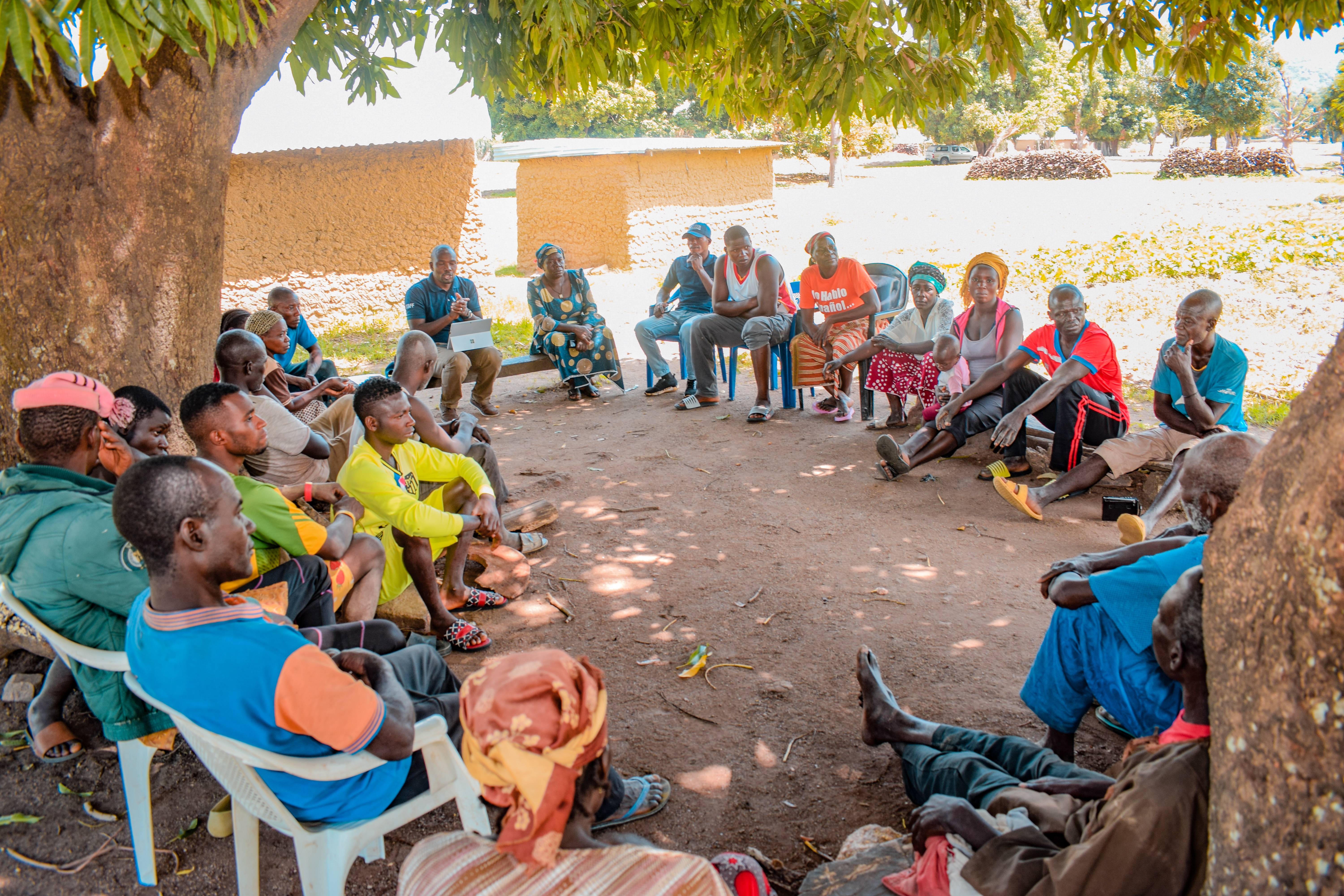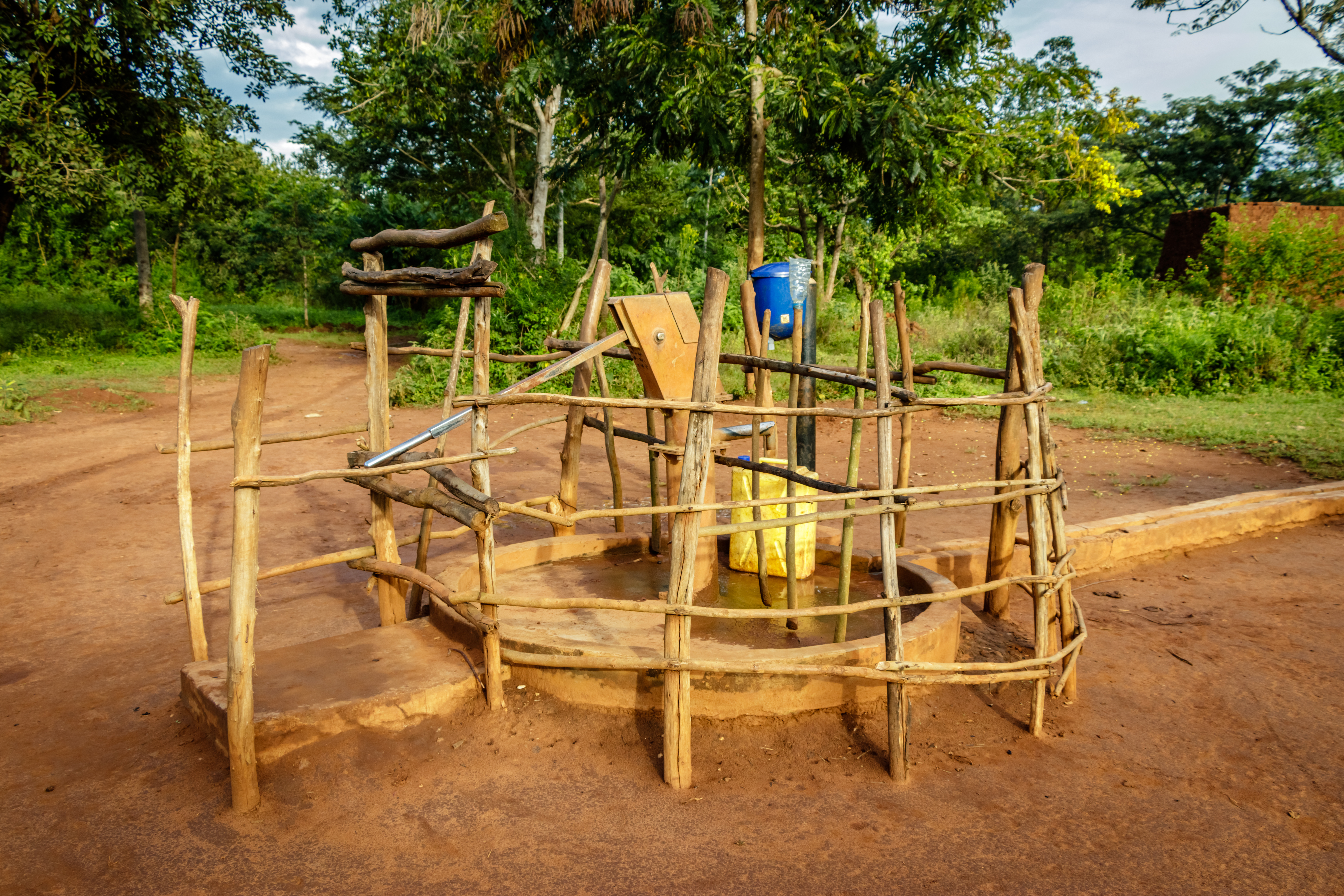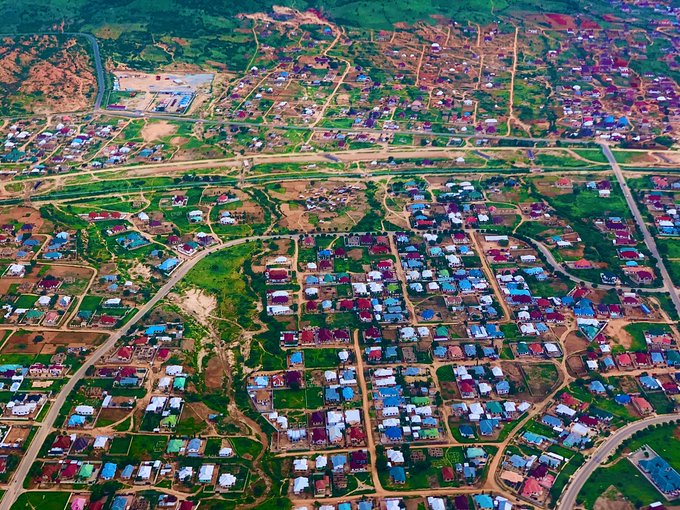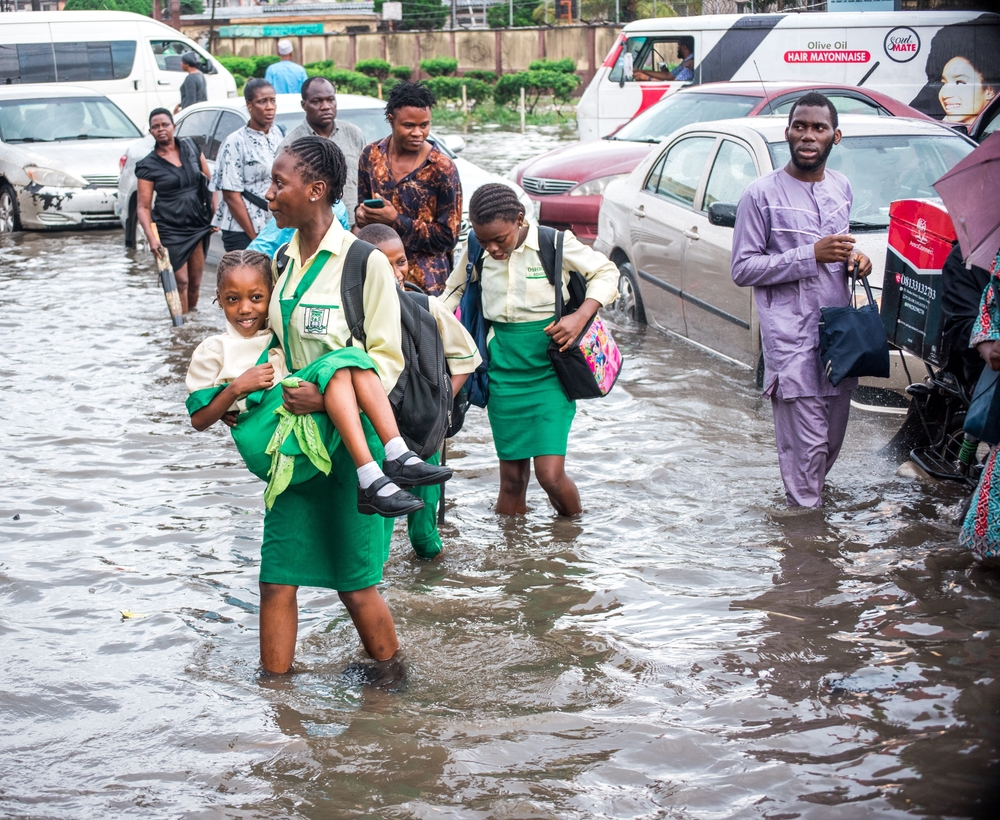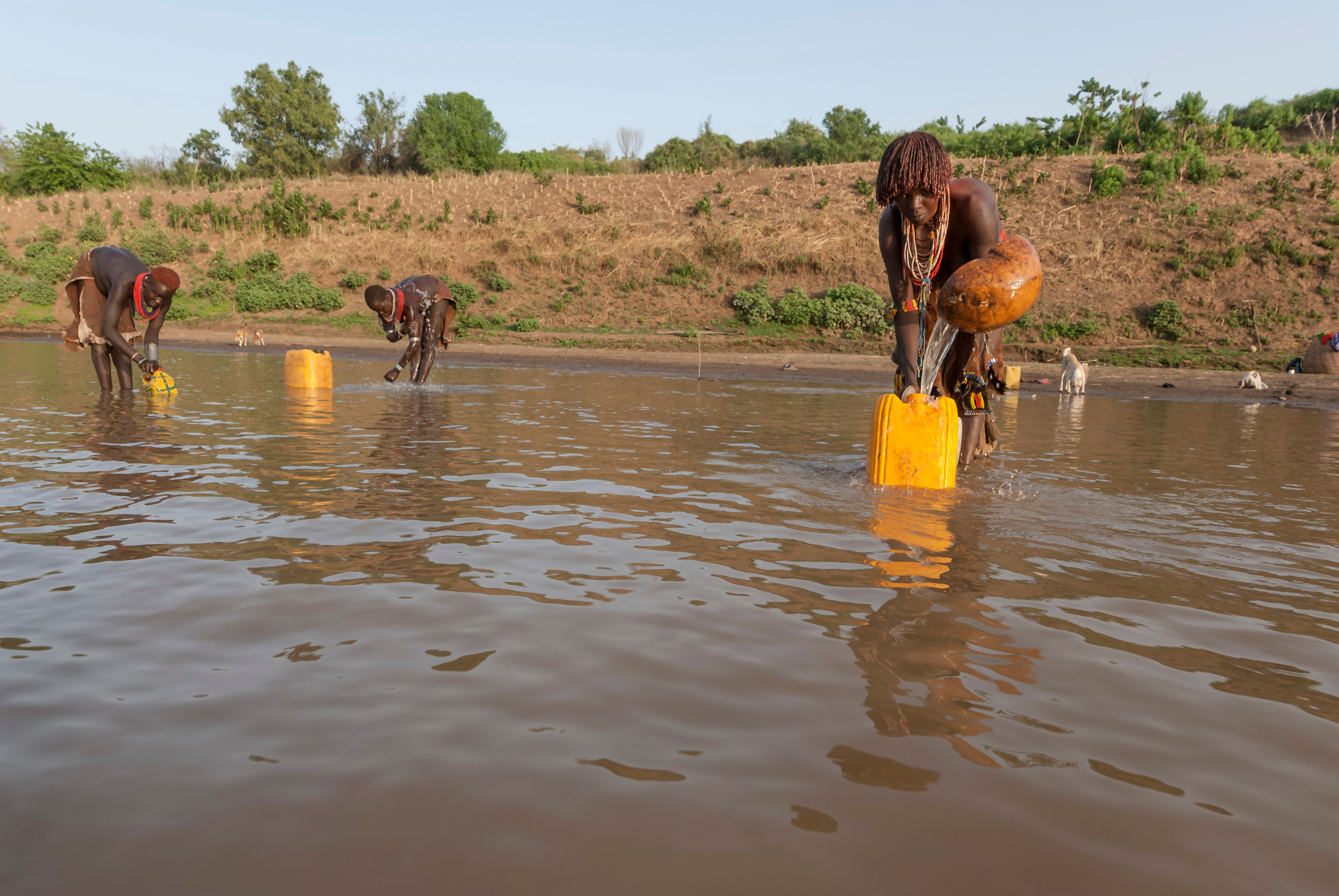
Ethiopia - Borana Resilient Water Development for Improved Livelihoods Program (Phase 1)
Ethiopia - Borana Resilient Water Development for Improved Livelihoods Program (Phase 1)
4 November, 2022Context
Ethiopia, with an estimated population of 120.8 million, is Africa’s second most populous country and the third-largest economy in Eastern and Southern Africa. Persistent water scarcity, lack of access to basic infrastructure, and limited adaptability of agro pastoral systems to climate shocks are constraints to resilient livelihoods, which will require specific attention in the context of recovery from the COVID-19 crisis. The country is endowed with abundant water resources (both ground-and surface-water). However, the spatial and temporal (within and between years) distribution of this resource is exceptionally variable and unpredictable, which is manifested in endemic, devastating droughts and floods.
Objectives
The objective is to improve access to climate resilient and gender sensitive integrated and sustainable water and sanitation services to pastoralist communities in dryland areas of the Borana area of Oromia region, for improved health, livelihoods, and nutrition and food security.
AAAP added value
- Conduct climate risk screening of the infrastructure project at design and at operation and maintenance stages
- Build resilience into infrastructure projects, prioritizing nature-based solutions, where feasible
- Design a strategy and approach to involve local communities, tapping into local knowledge and traditional arrangements for water resources management
- Carry out a gender climate vulnerability and resilience assessment and develop measures to address these gender gaps as an integral part of climate adaptation
Expected Outcomes
- Benefit an estimated 308,576 people and 975,750 livestock
- Provide access to integrated, sustainable, climate-resilient and gender-sensitive water and sanitation services to pastoralist communities in the drylands of the Borana region of Oromia
- Enhance adaptation and resilience building measures such as protection and restoration of ecosystem functions, improving access to potable water, and watershed management
- Improve access to clean water and sanitation services
- Enhance water resources management
- Increase gender equality and women economic empowerment
- Improve national infrastructure and Feed Africa priority with a target on increasing agricultural productivity
- Increased job opportunities
Expected impacts
- Integrated and sustainable water resources management (WRM), through assessment of the resource and its ecosystems, as well as supporting institutions and enabling environment
- Strengthen delivery of resilient water supply, sanitation, and hygiene services
- Increased the availability of sustainable water resources for food production and improved nutrition, including improved agropastoral water management investments
